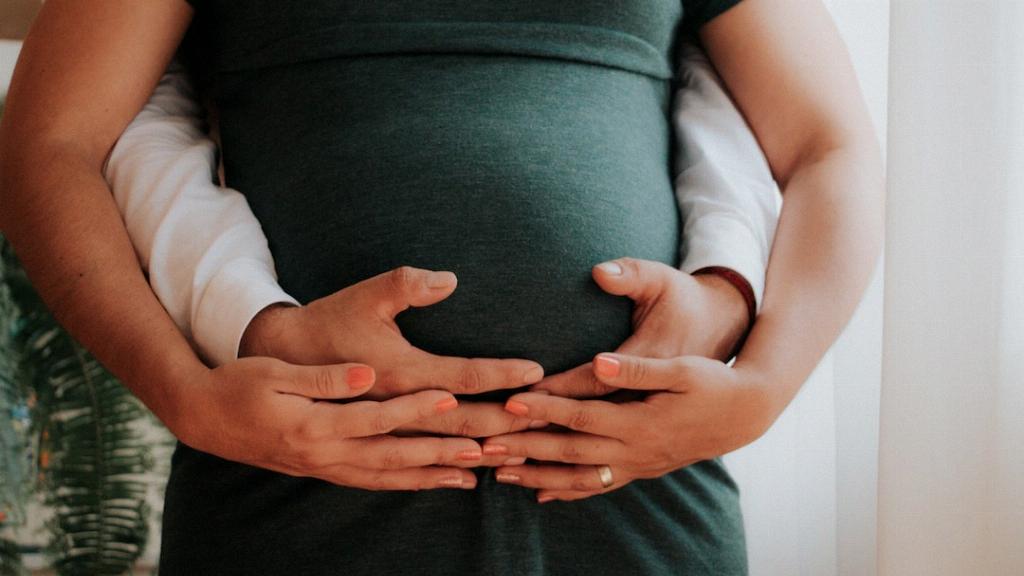During pregnancy, mothers often question the safety of various food and beverage choices, with tea being a common concern. While the caffeine content in tea can be a point of concern, many experts believe that tea can actually serve as a natural remedy for pregnancy-related issues.
Understanding the Potential Benefits
Tea, especially herbal teas, can offer various benefits during pregnancy. For instance, herbal teas like ginger or peppermint can help alleviate nausea and aid in digestion, providing much-needed relief for expecting mothers.
Evaluating the Caffeine Content
One of the main concerns associated with tea consumption during pregnancy is the caffeine content. While moderate caffeine intake is generally considered safe during pregnancy, it is essential to monitor the overall caffeine consumption from all sources, including tea, coffee, and soft drinks.
Choosing the Right Type of Tea
Opting for herbal teas or caffeine-free tea varieties can be a safer choice during pregnancy. Herbal teas such as chamomile, rooibos, or red raspberry leaf are popular options among expecting mothers due to their soothing and pregnancy-friendly properties.
Considering Homemade Herbal Tea
Given the current scenario of the ongoing Covid-19 pandemic, preparing homemade herbal tea can be a preferable option for pregnant women. Homemade teas allow mothers to control the ingredients and ensure the freshness and purity of the tea.
Consulting with a Healthcare Provider
It is always advisable for pregnant women to consult with their healthcare provider before adding any new food or beverage to their diet, including tea. Healthcare providers can offer personalized guidance based on individual health conditions and pregnancy status.
Addressing Specific Pregnancy Concerns
For expectant mothers with specific pregnancy-related concerns or conditions, such as gestational diabetes or high blood pressure, seeking professional advice regarding tea consumption is crucial. Certain herbal teas may interact with medications or exacerbate existing health issues.
Moderation is Key
While enjoying a cup of tea during pregnancy can be a comforting ritual, moderation is key. Limiting tea intake to one or two cups a day can help prevent excessive caffeine consumption and ensure a balanced diet for both the mother and the developing fetus.
Monitoring Individual Tolerance
Every woman’s body responds differently to tea and its components during pregnancy. It is essential for expectant mothers to monitor their individual tolerance levels and reactions to tea consumption, making adjustments as needed based on their overall well-being.
Recognizing Potential Side Effects
While tea is generally considered safe for consumption during pregnancy, some women may experience mild side effects such as heartburn or increased urination due to tea consumption. Being aware of these potential effects can help expecting mothers make informed decisions about their tea intake.
Embracing a Holistic Approach
Ultimately, the decision to drink tea during pregnancy should align with an expectant mother’s overall wellness goals and preferences. By adopting a holistic approach to pregnancy health, women can make empowered choices that support their well-being and that of their growing baby.
Conclusion
In conclusion, while tea can be safely consumed during pregnancy, it is essential for expectant mothers to be mindful of the type of tea, caffeine content, and individual tolerance levels. By seeking guidance from healthcare providers, choosing herbal or caffeine-free options, and practicing moderation, mothers can enjoy the soothing benefits of tea while prioritizing their health and the well-being of their baby.

